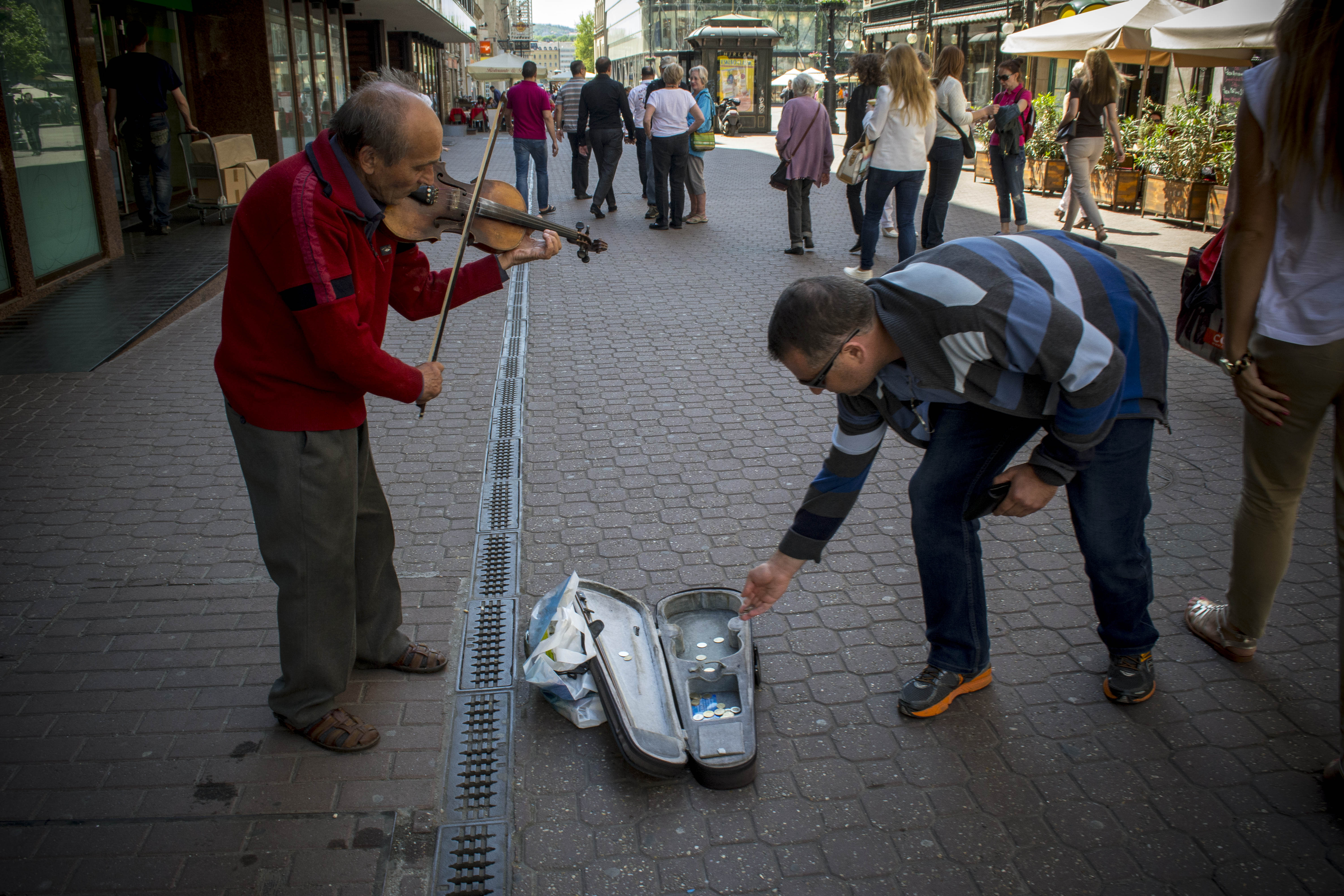Opinions regarding buskers differ widely: some passersby stop and listen, or even drop money in the hat, while others are irritated by street performers, considering them as beggars. However, not many people are aware of how much determination it takes to be allowed to play street music legally in Hungary’s capital. Illegal busking requires players to have fast feet and hypersensitive authority-detection skills. We reveal the dulcet details.
The first thing anyone interested in becoming a street musician in Budapest must know is that the regulations basically require you to have a written contract – a permit to use public property by the owner of the property.
Established in 2011, this requirement radically changed the lives of people who make a living by busking. Most still do what they do illegally, especially as permits are hard to come by even in cases of places from where music isn't completely banished.
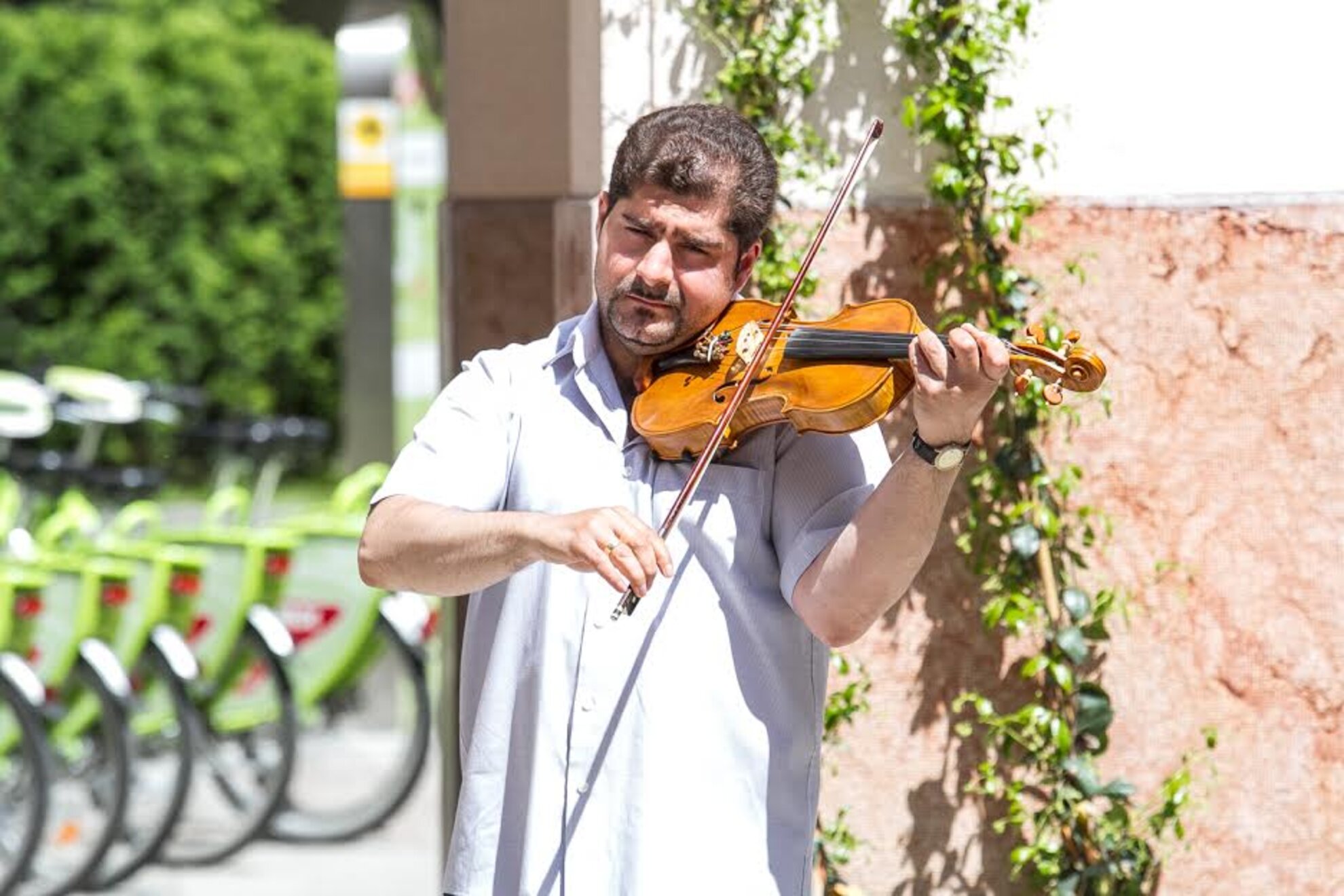
The strict regulations ban playing music outside between 10pm and 7am in order to ensure a peaceful atmosphere at night. Essentially, busking is allowed as long as the accumulated crowd doesn't disrupt foot or road traffic, and it doesn't disturb public order, or the rest or work of others. Street music is banned from bridges, overpasses, and underpasses (along with the sunken open spaces interconnected with them), and within 50 meters of educational, healthcare, and social-care institutions. Without a permit to use public property, busking is banned in general.
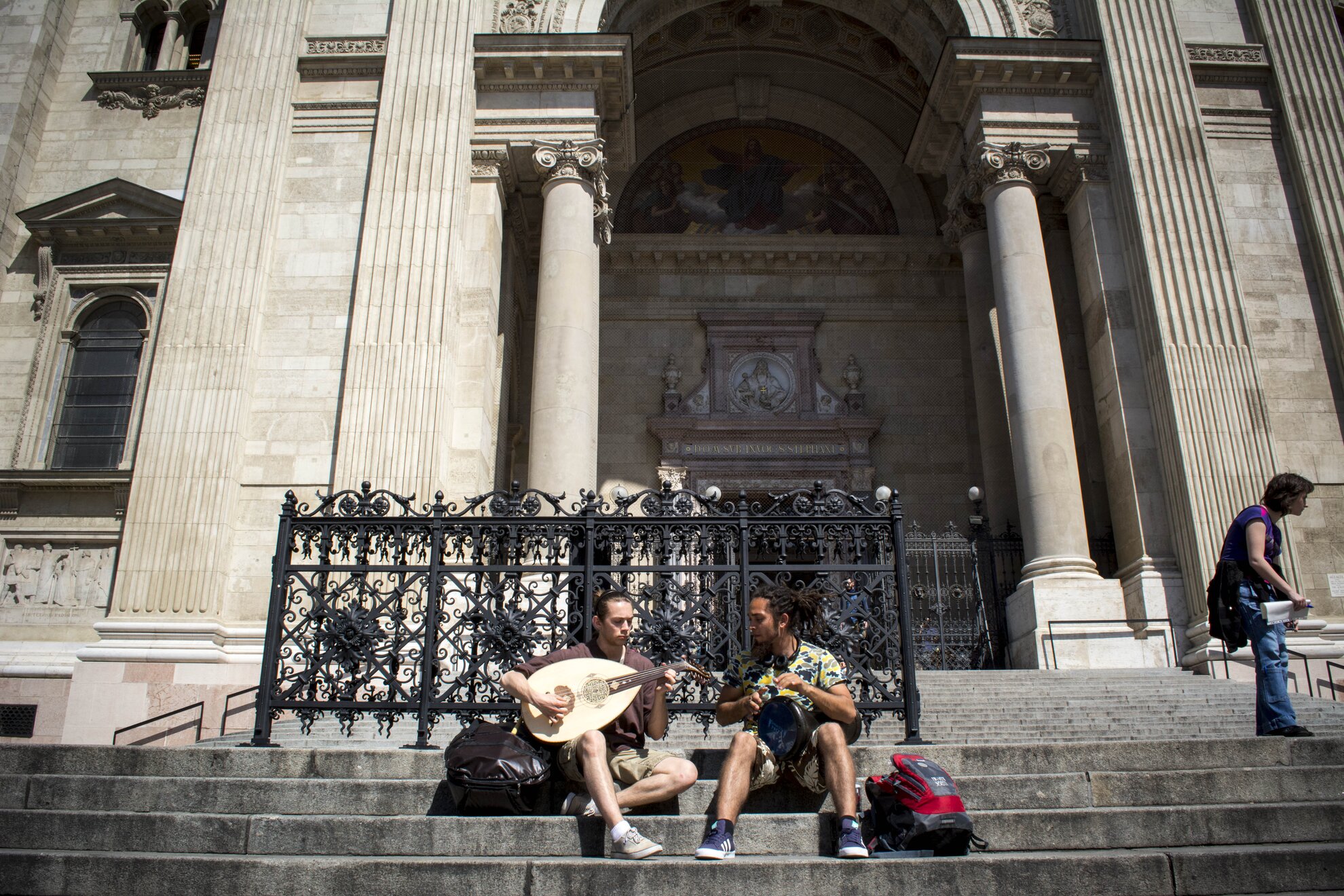
It follows that no permits are issued for busking in underpasses, supposedly because the reverberating music is especially loud and disturbing in such confined spaces. Thus buskers are left with the streets, which makes playing music (and a living) impossible in bad weather, not to mention that the sound of a violin, for instance, is muffled out by background noise.
The bureaucratic process is merciless: it takes about a month to judge permit requests, plus street musicians have to play in front of an official committee first, which is free to decide whether they like your art or not. We have an inkling that the members of this committee have no musical qualifications, so these hearings might just be funnier than television talent shows.
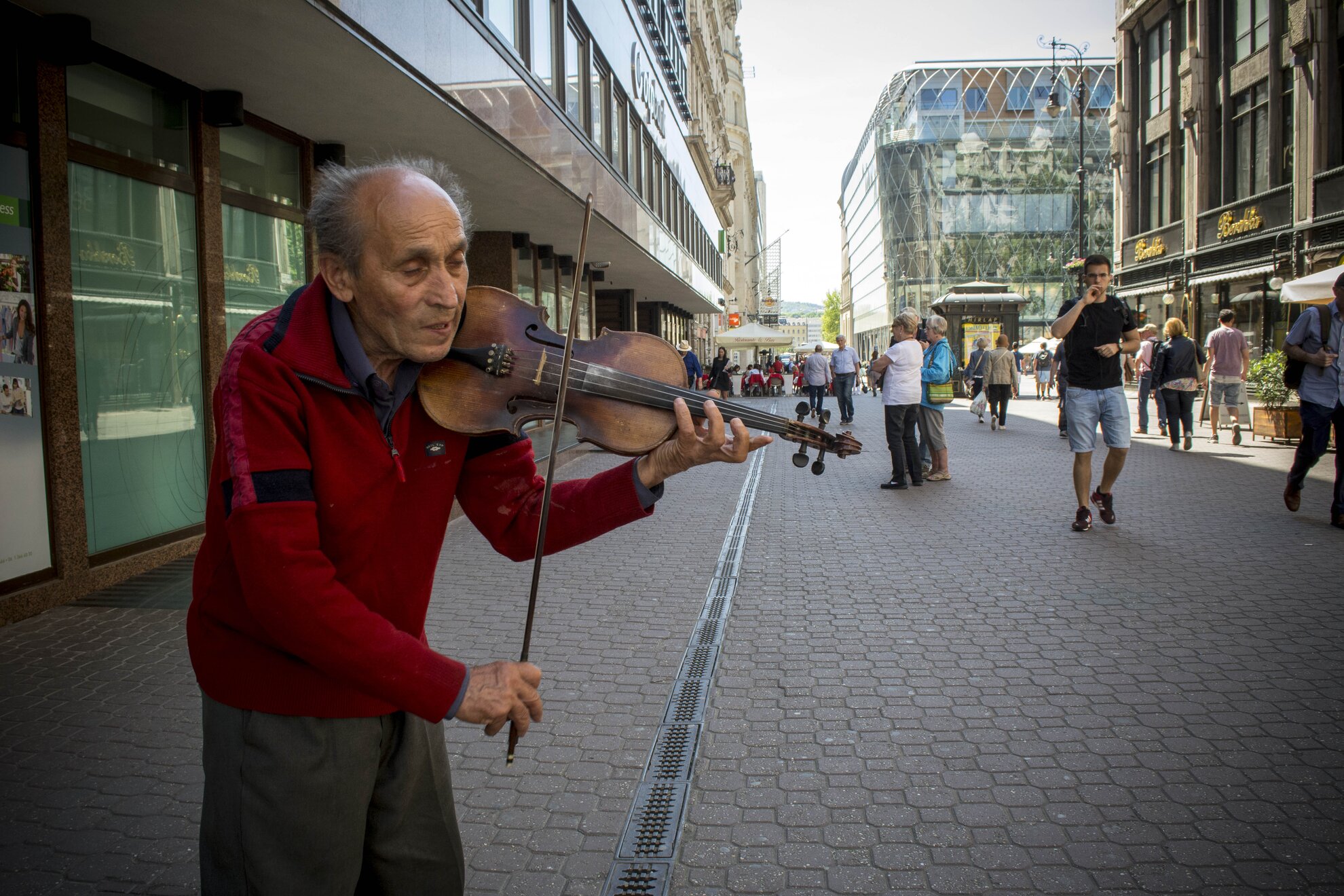
If the committee were to give you a thumbs up, all you have to do is pay (the prices vary by district, between about
150-165 forints/day/m2) and then you can occupy your space for a given period of time. Hence, if you're just passing through and want to make a few bucks while practicing your instrument, you can only trust blind luck and the good will of authorities to keep you from ending up with a citation. Kindly authority figures are
not unheard of, but we've also heard reports of buskers having to run to escape. If you plan on busking illegally, you'd better take up parkour as well.
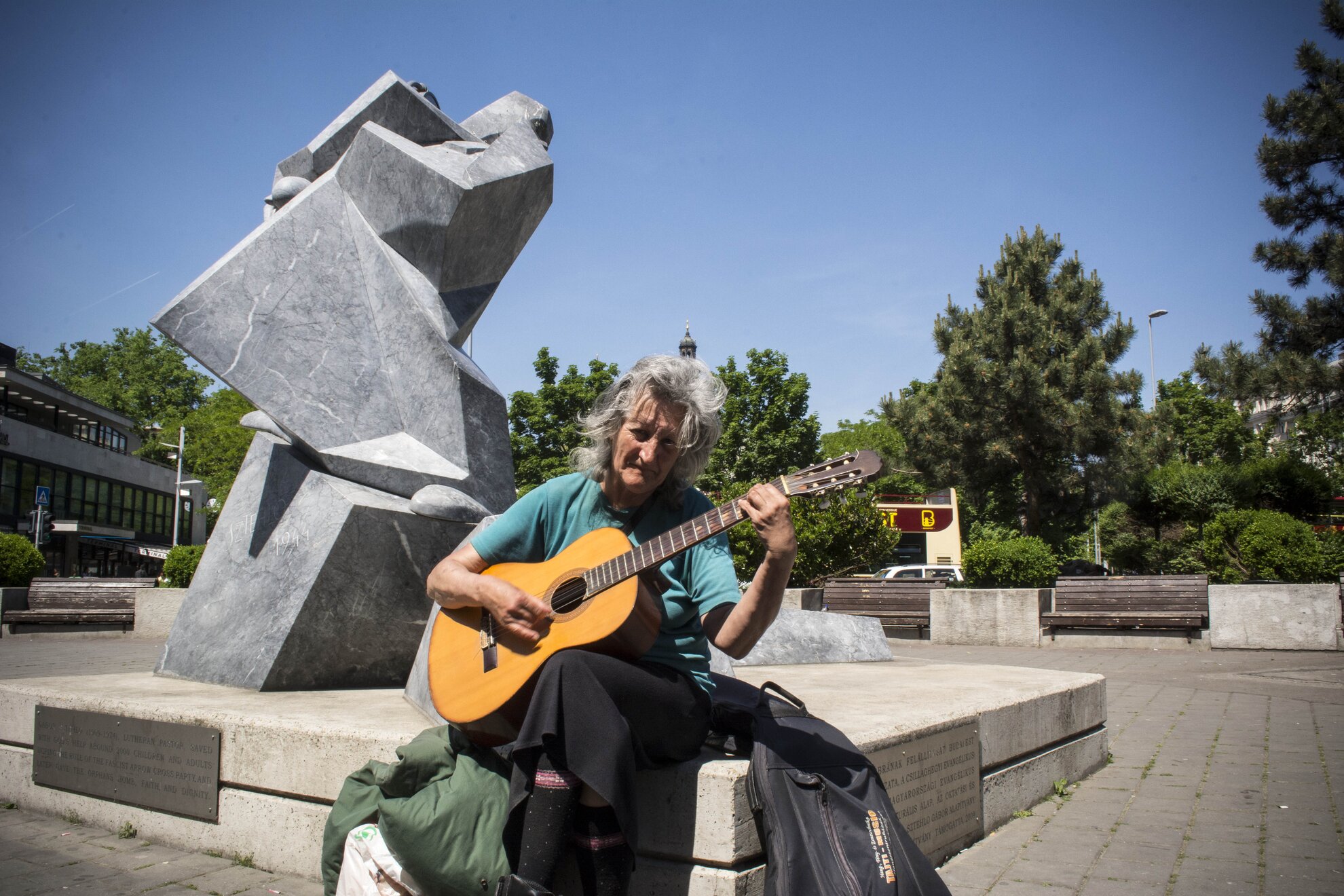
Busking is a peculiar phenomenon anyway. Many people don't tend to recognize art (or understand it for that matter) if they encounter it anywhere outside of an elegant concert hall. A great example was when world-famous violinist Joshua Bell played incognito in the DC Metro, thanks to the Washington Post. In the 45 minutes he spent there, people hardly stopped to listen, while two
days prior he played the exact same tunes in front of a sold-out house, at a ticket price of 100 dollars apiece. Perhaps it's worth stopping to give Budapest's buskers a listen, too!
